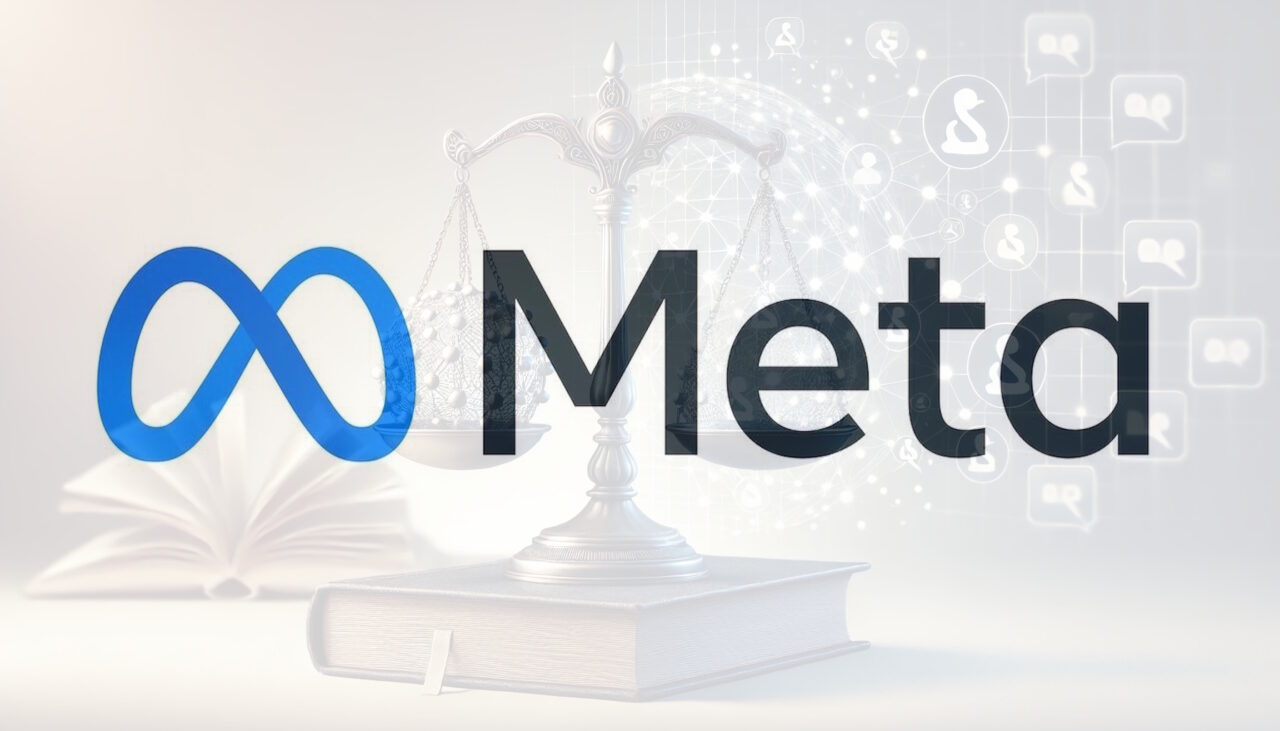A new academic study has delivered a bombshell for the artificial intelligence industry, revealing that Meta’s Llama 3.1 model has effectively memorized and can reproduce nearly half of the first Harry Potter book. The research provides the most concrete evidence to date that verbatim regurgitation of copyrighted material is not a “fringe behavior,”as some AI labs have claimed, but a significant feature of certain models trained on popular content. This finding directly challenges a core pillar of the AI industry’s legal defense in a growing number of high-stakes copyright lawsuits.
The study, detailed in a research paper from researchers at Stanford, Cornell, and West Virginia University, found that Meta’s Mô hình Llama 3.1 70B có thể nhớ lại 42% của Harry Potter và Sorcerer Stone Stone. This represents a dramatic increase from the 4.4% memorized by its predecessor, Llama 1, indicating that Meta’s more recent training methods significantly amplified the model’s tendency to retain and reproduce copyrighted text.
The core of the legal battle pits content creators, who argue AI models are infringing copy machines, against tech companies, who claim their models only learn “statistical correlations”without storing the original works.

This new research complicates that narrative for all parties. The researchers found that the same Llama 3.1 model memorized only 0.13% of Sandman Slim, a novel by Richard Kadrey, who happens to be a lead plaintiff in a class-action lawsuit against Meta. This variability—where extremely popular books are heavily memorized while most others are not—could complicate efforts to certify broad class-action lawsuits while simultaneously providing powerful evidence for individual copyright holders.
The Model Itself as an Infringing Copy
The debate over AI and copyright is rapidly evolving beyond whether a model’s output is infringing to whether the model Bản thân nó tạo thành một bản sao bất hợp pháp. Nghiên cứu mới củng cố lập luận sau. Stanford law professor and study co-author Mark Lemley stated the findings suggest the model contains what “the law would call a copy of part of the book in the model itself.”
This perspective recently gained significant traction from a key government body. In a 108-page report released in May, the U.S. Copyright Office (USCO) weighed in, stating there is a “strong argument”that a model’s internal weights can be considered infringing copies if the model can reproduce “substantial protectable expression”from training data.
The USCO report explicitly rejects the idea that AI training is analogous to human learning, noting that AI’s ability to create perfect digital copies is fundamentally different from a human’s imperfect memory.
A Widening Legal War
These developments land vì Meta đã bị sa lầy trong các trận chiến pháp lý về nguồn dữ liệu của nó. Court filings from earlier this year revealed that the company allegedly used vast collections of pirated books from “shadow libraries”like LibGen to train its Llama models.
According to documents from a lawsuit involving authors like Sarah Silverman, Meta’s CEO Mark Zuckerberg personally approved using the pirated content despite internal warnings. One engineer’s concern became public through the filings: “Torrenting from a [Meta-owned] corporate laptop doesn’t feel right.”
The legal risks were compounded by an expert analysis in March suggesting Meta may have participated in digital piracy by re-uploading, or “seeding,”roughly 30% of the pirated books it downloaded via BitTorrent.
This shifts the allegation from Chỉ sử dụng tài liệu có bản quyền để sử dụng công bằng”đào tạo để tích cực phân phối nó. The legal challenges are also global, with French publishers and authors filing a similar lawsuit against Meta for what they termed “monumental looting.”
This fight now extends across the AI industry, with Disney and Universal recently filing a landmark lawsuit against AI image generator Midjourney. As Disney’s general counsel, Horacio Gutierrez, told The New York Times, “piracy is piracy, and the fact that it’s done by an A.I. company does not make it any less infringing.”
Meta’s High-Stakes Gambit
Meta’s aggressive and legally questionable data acquisition tactics reflect the immense pressure it faces in the AI arms loài. The company has been battling a severe talent drain—having lost 11 of the 14 original authors of its foundational Llama research paper—and is facing significant development hurdles. Its most ambitious model, the 2-trillion parameter Llama 4 “Behemoth,”was recently postponed until at least late 2025 amid performance struggles.
This internal crisis has fueled a high-stakes strategy of buying its way back into the game. Trong một động thái kịch tính, Meta đã hoàn thành khoản đầu tư 14 tỷ đô la cho 49% cổ phần trong quy mô khổng lồ ghi dữ liệu AI để bảo đảm đường ống dữ liệu của mình. However, the move quickly backfired.
Scale AI’s largest customer, Google, announced plans to sever its $200 million deal over fears that Meta’s ownership compromises Scale’s neutrality. Như Bloomberg’s Kurt Wagner discussed the deal, he described a “real paranoia”at the company, calling the investment “a classic Mark Zuckerberg move”to dive deep into an area where he feels the business is lacking.
[embedded content]
The staggering cost of AI development has put a strain on even Meta’s deep pockets, leading the company to seek co-funding from Các đối thủ Amazon và Microsoft cho sự phát triển của Llama, trong một sân được đặt tên là Hiệp hội Llama”. This combination of internal turmoil, immense financial pressure, and questionable legal shortcuts paints a picture of a company gambling its reputation and future in a desperate bid to achieve AI supremacy.
